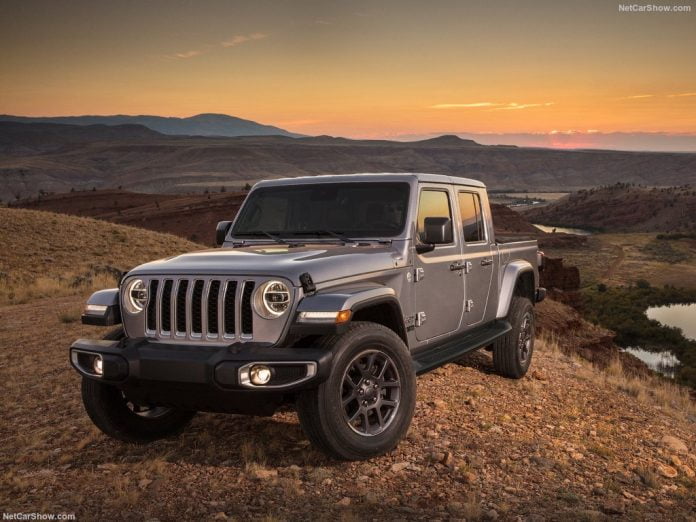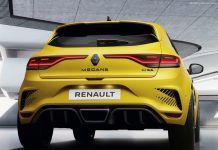Algerian Vehicles industry decimated in 2020 and reports the lowest sales in 40 years. Since all vehicle imports remain banned by the government, sales plummeted. 20.571 vehicles have been sold, reporting a decline of 83.4% compared to the previous year.
Economic Environment
The economic panorama remains bleak amid the dual shock of pandemic-induced restrictions and tumbling oil revenues: Oil output slumped throughout Q2 and into Q3 following the agreement of the latest OPEC+ production cuts, hitting the lowest level since early 2000 in July.
Although output ticked up slightly in August, weak external demand kept production relatively low nonetheless, likely weighing on government finances in Q3. Furthermore, elevated—albeit falling—new Covid-19 cases and continued restrictions on daily life are still hampering domestic activity heading into Q4, while international borders remain closed.
In politics, parliament approved President Tebboune’s draft changes to the constitution in mid-September, setting up a national referendum for 1 November that will take place amid widespread political unrest.
Market Trend
The Algerian car market has been hit extremely harshly in 2020 by the world-wide COVID-19 pandemic affecting an already difficult environment.
The Algerian automotive industry was fighting to recovery after the sharp fall reported during the last years, generated by the government strategy to build up local production, banning the vehicles import. The market is now heavily concentrated in those manufacturers which have decided to start up local facilities.
In the last six years, the automotive industry in Algeria has dramatically changed, losing over 70% of volumes, due to the government’s decision to block the vehicles import and push all carmakers willing to sell in the country, to establish local facilities.
While the purpose was not original, the approach led to a shortage of products, and prices jumped in the sky, with market collapsing from the all-time record of 429.960 light vehicles units hit in 2013, to a minimum peak of 101.979 units sold in 2017. At that point in time, when the first plants have been able to start a growing production, the market approaches the recovery, growing at 127.300 in 2018.
However, in 2019 the market did not hold the recovering trend, registering 123.964 units, down 2.6% from the previous year.
2020 represents however a huge step back, with the market deeply declining hit by the economic crisis generated by the COVID-19 restrictions and by the fall of oil price and export. Indeed, Full-Year sales for 2020 have been 20.571, reporting a decline of 83.4% compared to 2019.
Brand-wise, this year the leader Renault (-76.5%) gained 17.6% market share, followed by Volkswagen (-87.3%), which lost 3.1% share. Seat (-92.1%) ended up third -down 1 spot- and lost 7.8% market share.
The most sold model in the country remains the Renault Symbol with 11.413 sales (-75.9%), holding 55.5% share.











